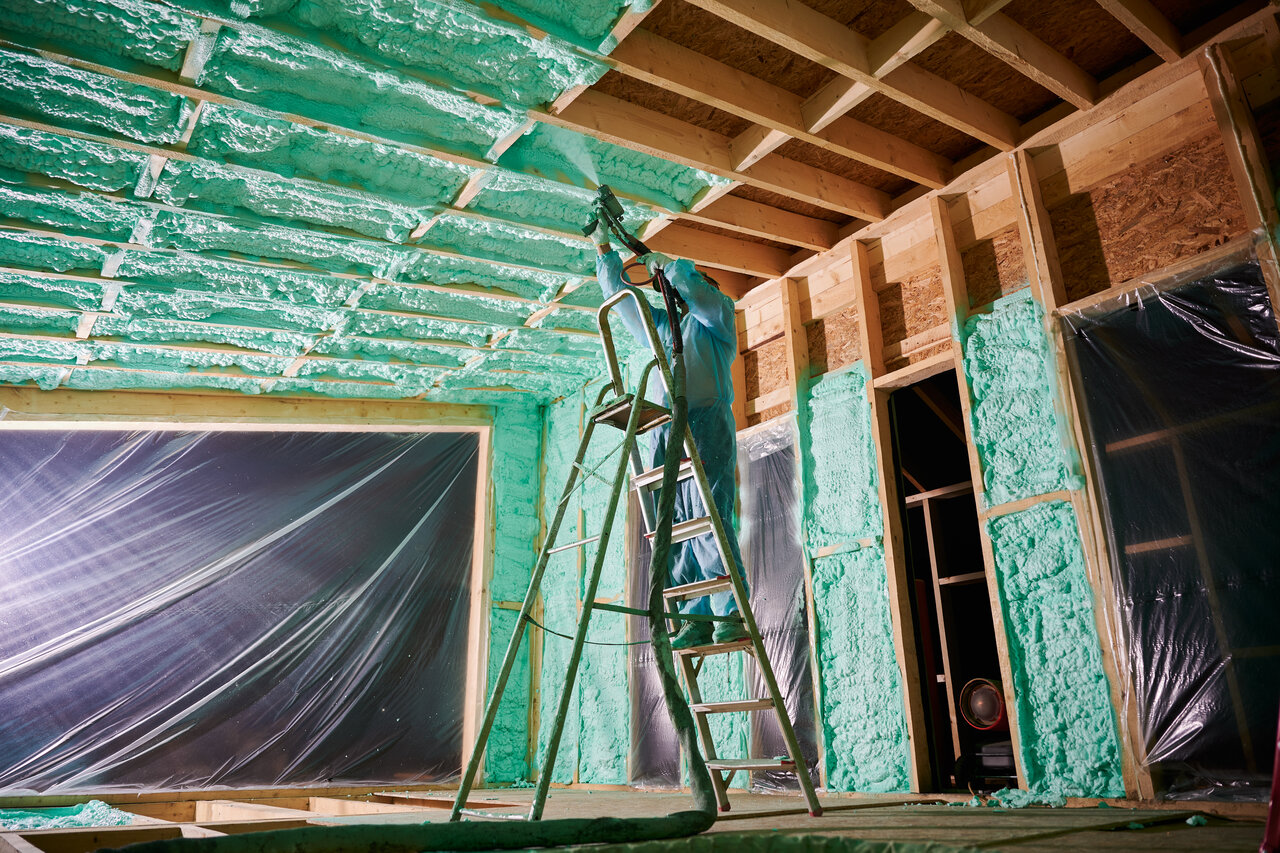Demystifying the R-Value: Home Insulation Efficiency Explained

When it comes to home insulation, one of the most important concepts to grasp is the R-value of insulation materials. This value plays a crucial role in determining your home's energy efficiency and comfort levels. The R-value measures a material's thermal resistance or its ability to resist heat flow. When selecting insulation for your home, understanding the R-value and how it influences your insulation options is essential to ensuring long-lasting, energy-efficient comfort.
The R-value of an insulation material is dictated by numerous factors, such as its thickness, density, and composition. With higher R-values indicating better thermal resistance, it is important to choose insulation materials with appropriate R-values based on the specific needs of your home, climate, and local building codes. However, the R-value isn't the only consideration when selecting an insulation type, as factors like air sealing, moisture control, and installation quality can also play critical roles in determining insulation performance.
In this blog post, we will delve deeper into the science of R-values and their significance in home insulation. We will discuss how to determine the right R-value for your home based on your regional climate conditions and insulation materials and how to make the most informed decision when selecting insulation for your home.
The Science Behind R-Values
To fully appreciate the importance of R-values in home insulation, it's vital to understand the underlying principles of heat transfer and thermal resistance. In this section, we'll shed light on what makes the R-value such a critical metric in insulation performance.
1. Heat Transfer Mechanisms
Heat transfer in a home occurs through three primary mechanisms: conduction, convection, and radiation. Conduction refers to the transfer of heat between two solid materials in direct contact, while convection occurs when heat moves through liquids or gases. Radiation, on the other hand, involves heat transfer through electromagnetic waves. Effective insulation aims to minimize heat transfer through these mechanisms, reducing the demand on your HVAC system and lowering energy consumption.
2. R-Value: A Measure of Thermal Resistance
The R-value represents the thermal resistance of an insulation material, indicating its ability to minimize heat transfer through conduction. Insulation materials with higher R-values provide better resistance to heat flow, which translates to increased energy efficiency and comfort for your home.
Factors That Impact R-Value
Several factors can influence the R-value of insulation materials, making it crucial to consider these variables when selecting the best insulation option for your home.
1. Material Composition
Different insulation materials have inherent R-values based on their composition and thermal resistance properties. For example, spray foam insulation tends to offer higher R-values per inch than traditional options like fiberglass batts or blown-in cellulose.
2. Thickness and Density
The thickness and density of the insulation material also significantly impact its R-value. Generally, the thicker and denser the insulation, the higher the R-value. However, it's essential to follow the manufacturer's recommendations for proper installation to ensure optimal performance.
3. Installation Quality
Poor installation can negatively affect your insulation's R-value and overall performance. For example, gaps, compression, or improper air sealing can compromise the insulation's thermal resistance, leading to reduced energy efficiency. Ensuring that your insulation is installed by professionals is crucial to achieving optimal R-value performance.
Determining the Right R-Value for Your Home
Understanding the R-value requirements for your home is essential for making an informed decision on insulation materials.
1. Climate Considerations
Your geographic location and climate play a significant role in determining the optimal R-value for your home. Homes in colder climates require higher R-values to maintain comfortable indoor temperatures effectively, while homes in warmer climates may need slightly lower R-values. Consulting local building codes or the Department of Energy's R-value recommendations for your region can provide you with valuable guidance.
2. Insulation Materials
As previously discussed, different insulation materials have varying R-values based on their composition and thickness. Compare the R-values of available insulation types and consult with insulation professionals to evaluate which material best meets your home's specific needs.
3. Retrofit or New Construction
The ideal R-value for your home may also depend on whether you're installing insulation in a new construction project or retrofitting an existing home. In a retrofit scenario, you may have to settle for a lower R-value due to space constraints or structural limitations.
Maximizing Insulation Efficiency Beyond R-Values
While R-values are a critical factor in insulation performance, it's essential to consider additional elements that contribute to insulation efficiency.
1. Air Sealing
Proper air sealing is crucial for maximizing the performance of your insulation, as it prevents unwanted drafts and air infiltration. Ensure that your insulation material of choice is effective at air sealing or that additional air sealing measures are taken during installation.
2. Moisture Control
Effective moisture control is vital in preventing mold growth, wood rot, and insulation deterioration. Choose insulation materials that resist moisture, and ensure that your home's ventilation systems are functioning correctly.
3. Professional Installation
The quality of insulation installation can make a significant difference in the efficiency and performance of your insulation system. Trusting professional insulation providers like Koala Insulation Birmingham will help ensure that your insulation is installed correctly and performs at its optimal capacity.
Make an Informed Decision on Insulation with R-Value Knowledge
Understanding R-values is an essential step in selecting the right insulation solution for your home. By accounting for factors such as climate, material type, and installation quality, you can make an informed decision that maximizes your home's energy efficiency and comfort. Trust the experts at Koala Insulation Birmingham to provide expert advice and professional installation services for your insulation needs.
Are you ready to choose the ideal insulation option for your home? Contact Koala Insulation Birmingham for a free, no-obligation consultation and estimate on our range of insulation services today!
Find Your Location


Get a quote


